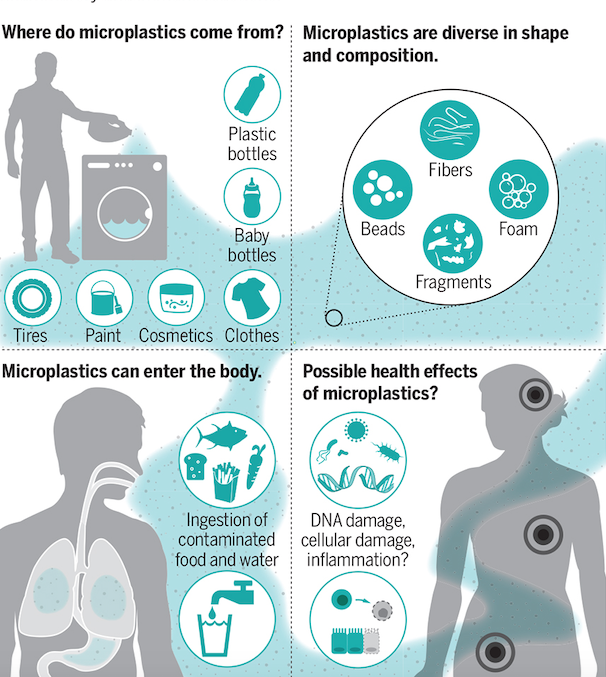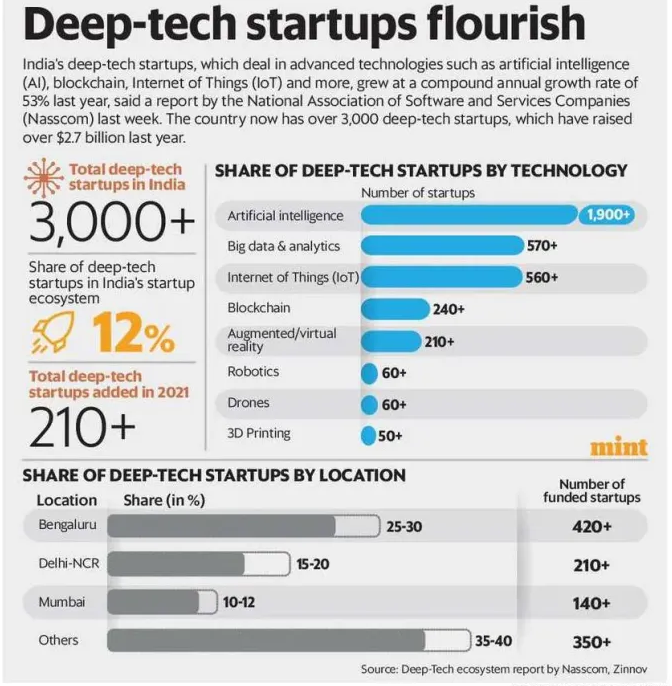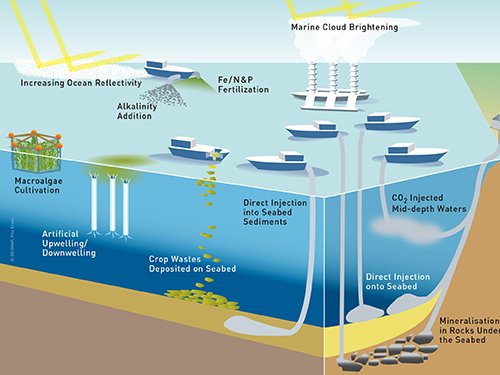
RBI’s Action on Paytm Payment Bank
Subscribers of "Current Affairs" course can Download Daily Current Affairs in PDF/DOC
Subscribe to Never Miss an Important Update! Assured Discounts on New Products!
Must Join PMF IAS Telegram Channel & PMF IAS History Telegram Channel
- Context (TH): The RBI has taken corrective action against Paytm Payments Bank Ltd (PPBL).
- This comes after an audit report uncovered ongoing issues and non-compliance in the bank.
What has the RBI instructed?
- PPBL is prohibited from accepting more deposits, top-ups, or credit transactions in its wallets or accounts starting February 29.
- This restriction includes prepaid instruments for FASTags and National Common Mobility Cards.
- However, existing customers are allowed to use their current balances for services.
- PPBL was terminated from performing any banking services, bill payments, or UPI transactions.
- It was asked to terminate nodal accounts of its parent company.
|
Concerns
- RBI guidelines for payments banks prohibits them from engaging in lending activities. Though, PPBL doesn’t lend directly but offers credit-dispensing products from third parties, raising licensing concerns.
- Previous Penalties and Money Laundering Concerns
- RBI penalized PPBL ₹5.39 crore for violating KYC norms.
- Over 1,000 accounts linked with the same PAN raised concerns about money laundering.
Impact of RBI’s action
- May impact Paytm’s revenue and profitability in the medium to long term. (According to Macquire Capital).
- The severe restrictions hamper Paytm’s ability to retain customers and sell payment and loan products. (According to Researchers)
- Paytm’s parent company (One97 Communication) anticipates an annual EBITDA (earnings before interest, taxes, depreciation, and amortisation) impact of ₹300 to ₹500 crore.
Payment banks
|





![PMF IAS Environment for UPSC 2022-23 [paperback] PMF IAS [Nov 30, 2021]…](https://pmfias.b-cdn.net/wp-content/uploads/2024/04/pmfiasenvironmentforupsc2022-23paperbackpmfiasnov302021.jpg)











